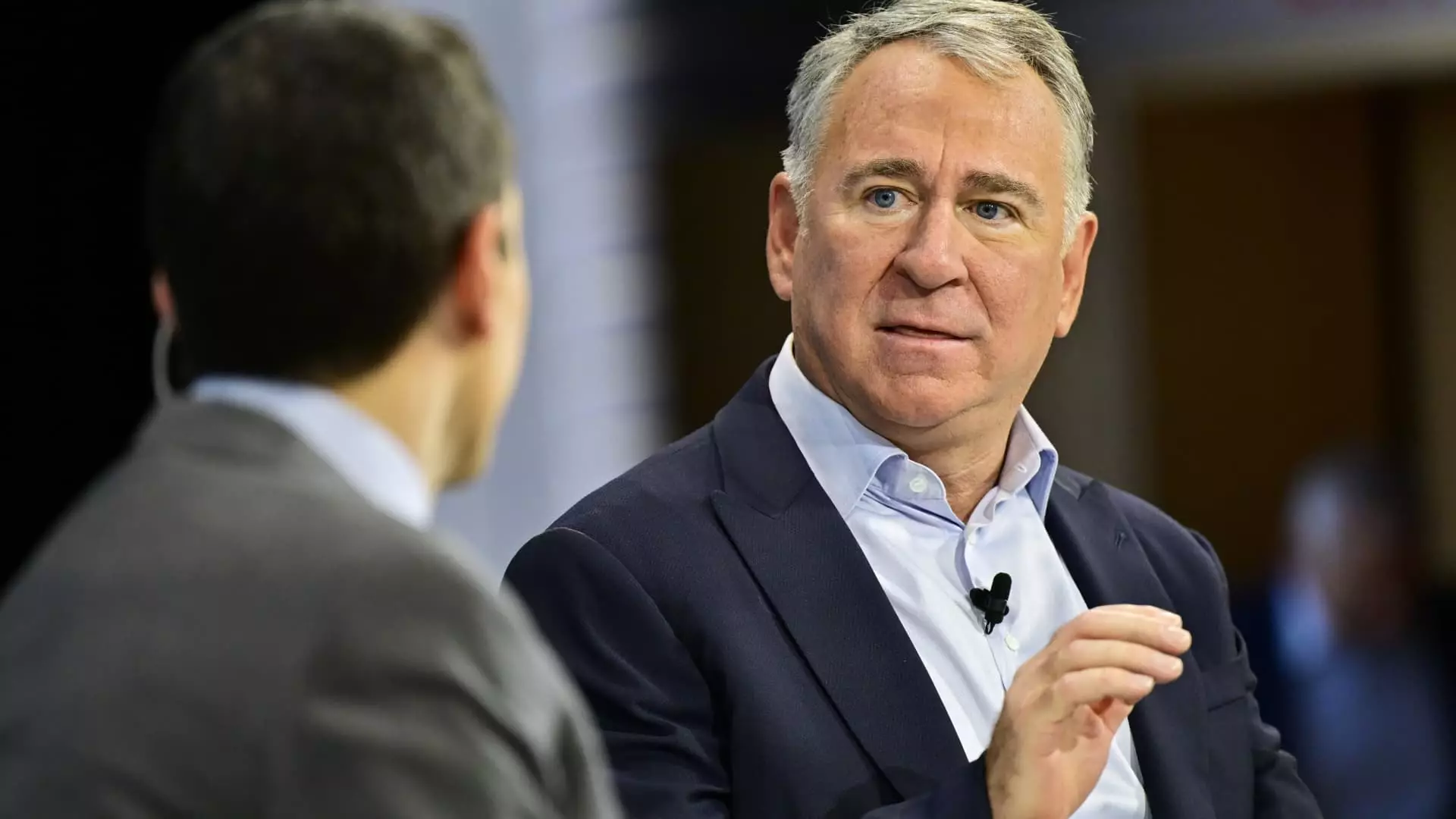As we step into 2025, the financial markets are already displaying the erratic behavior synonymous with January trading. A noteworthy observation comes from Citadel, the hedge fund helmed by billionaire investor Ken Griffin. The firm reported a modest 1.4% gain in January for its flagship Wellington fund, following an impressive 15.1% gain in 2024. Such returns are particularly significant in a month characterized by unpredictable market swings and investor trepidation.
These figures are derived from an insider source with a stake in the fund’s performance, emphasizing that all five strategies—commodities, equities, fixed income, credit, and quantitative—yielded positive returns in January. Additionally, Citadel’s tactical trading fund climbed 2.7%, matching the performance of its equities fund that employs a long/short strategy.
Market Influences and Investor Sentiment
The backdrop to Citadel’s performance this month can largely be blamed on broader market dynamics influenced by political and economic sentiments. With investors wary of the potential ramifications of President Donald Trump’s protectionist policies, we saw a tumultuous trading environment. Notably, the emergence of DeepSeek, an AI competitor from China, stirred apprehensions among traders, triggering substantial sell-offs in major players like Nvidia and disrupting the broader tech sector.
Nevertheless, the S&P 500 recorded a modest rise of 2.7% in January, reflecting resilience against the currents of uncertainty. The benchmark index experienced remarkable growth in the previous two years, culminating in an outstanding gain of over 20%. This sustained upward trajectory—53% in two years—mirrors trends unseen since the late 1990s.
The Tariff Debate and Long-Term Consequences
In the wake of Trump’s administration and its proposed tariffs, Ken Griffin stood out as a critical voice. He articulated concerns that such tariffs may lead to crony capitalism, gifting immediate advantages to domestic firms at the potential expense of long-term economic viability. Griffin argued that while certain companies might experience a temporary advantage by undermining foreign competitors, the overarching impact of tariffs could diminish the global competitiveness of U.S. firms, ultimately hampering productivity and growth.
This commentary resonates deeply in a marketplace that thrives on innovation and competitive integrity. Griffin’s perspective presents a complex interaction between immediate gains and potential repercussions that investors must keenly navigate as they make decisions.
January was a month of cautious optimism for Citadel as it navigates the turbulent waters of market volatility while securing gains across its strategic segments. The interplay between political discourse, market reactions, and long-term economic implications underscores the challenge for funds like Citadel to sustain performance amid uncertainty. As we forge ahead in 2025, stakeholders will undoubtedly keep a close eye on both the economic landscape and the strategies of hedge funds to glean insights into future trajectories.

